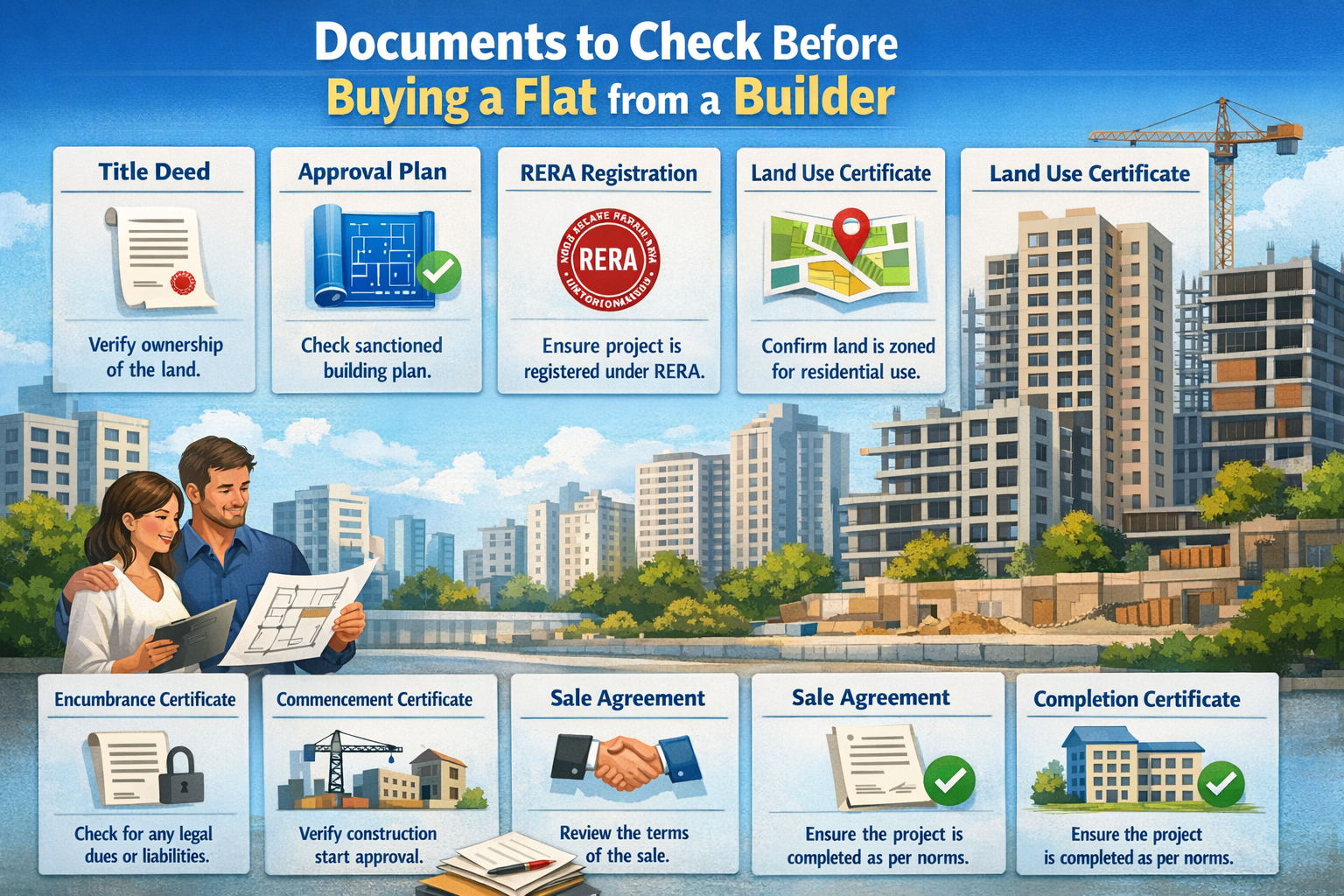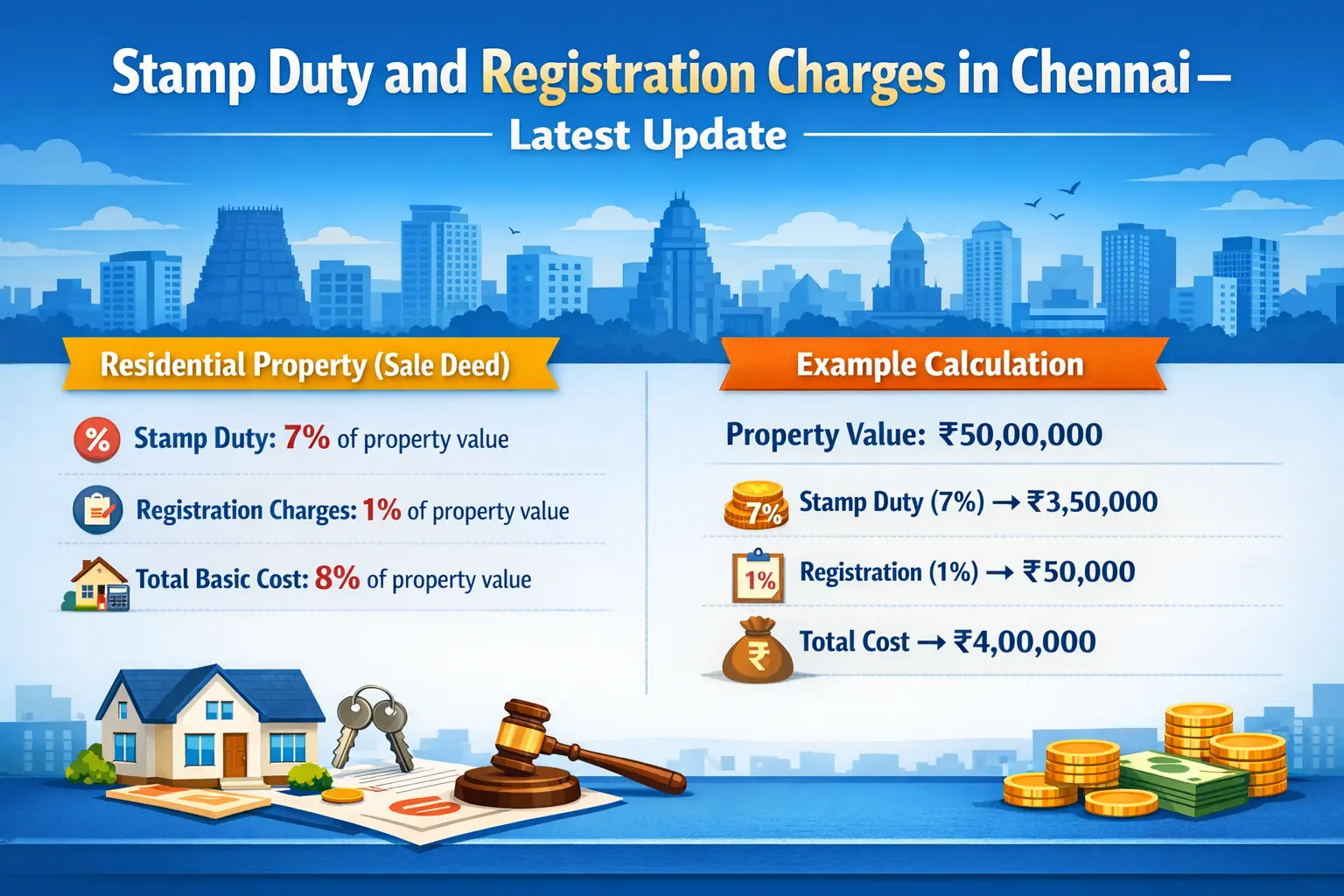A Real Estate Investment Trust (REIT) is a company that owns, manages, or finances income-generating real estate such as commercial office buildings, malls, IT parks, warehouses, hotels, etc. REITs allow investors to invest in large-scale, high-value properties without actually buying them.
Think of REITs as the mutual funds of the real estate sector. Investors pool money, and the REIT professionally manages and invests it in income-producing properties. Profits are shared as dividends.
REITs in India – Regulatory Background
-
REITs in India are regulated by SEBI (Securities and Exchange Board of India).
-
The first REIT in India was Embassy Office Parks REIT (launched in 2019).
-
REITs must distribute at least 90% of their net income to investors as dividends.
-
Investors can buy REIT units just like stock market shares through BSE/NSE.
How Does a REIT Work?
-
The REIT raises capital from investors by issuing units (similar to shares).
-
It uses the funds to purchase or finance real estate assets.
-
It earns rental income or lease income from these properties.
-
That income is distributed as dividends to all REIT investors.
-
REIT units are listed and traded on the stock exchange.
Types of REITs
| Type | Description |
|---|---|
| Equity REITs | Own and operate real estate (most common in India) |
| Mortgage REITs | Provide loans to real estate developers and earn from interest (rare in India) |
| Hybrid REITs | Mix of equity and mortgage REITs |
Read Also: Understanding Building Bye Law in Chennai 2025 Update
Types of Properties Under REITs
-
Commercial office spaces (e.g., tech parks, SEZs)
-
Retail malls and shopping complexes
-
Warehousing and logistics parks
-
Co-working spaces and data centers (emerging)
-
Hotels and hospitality assets (less common)
Benefits of Investing in REITs
| Benefit | Details |
|---|---|
| Own premium real estate | Invest in Grade A offices, IT parks, malls without huge capital |
| Regular income | REITs pay dividends quarterly or half-yearly from rental income |
| Liquidity | REITs are listed on stock exchanges – you can buy/sell anytime |
| Transparency | SEBI mandates regular disclosures and financial audits |
| Diversification | Helps balance risk across different asset classes in your portfolio |
| Professionally managed | Properties are maintained and leased by experts – no personal involvement |
| Risk | Explanation |
|---|---|
| Market Risk | REIT unit prices can go up or down based on demand/supply |
| Property Vacancy Risk | Loss of rental income if tenants leave or don’t renew leases |
| Interest Rate Risk | Rising interest rates may reduce REIT attractiveness |
| Regulatory/Tax Changes | Changes in tax laws or REIT regulations can affect earnings |
Real Estate Investment Trusts (REITs) offer a powerful, low-risk way to participate in India’s booming commercial property market without buying property. With regular dividend income, liquidity, and capital appreciation potential, REITs are a smart alternative to traditional real estate investing.
| Feature | Details |
|---|---|
| What is REIT? | Company that owns/operates real estate |
| Invests In | Commercial property (IT parks, malls) |
| Income Type | Dividends + Capital Gains |
| Entry Investment | ?10,000 – ?15,000 |
| Regulation | SEBI |
| Risk Level | Moderate |
| Taxation | Depends on income type |
| Exit Option | Sell units on stock market |













